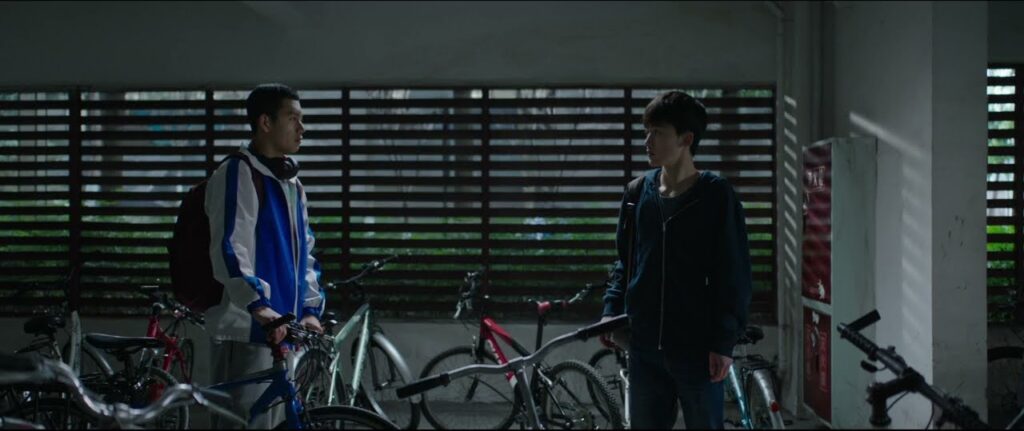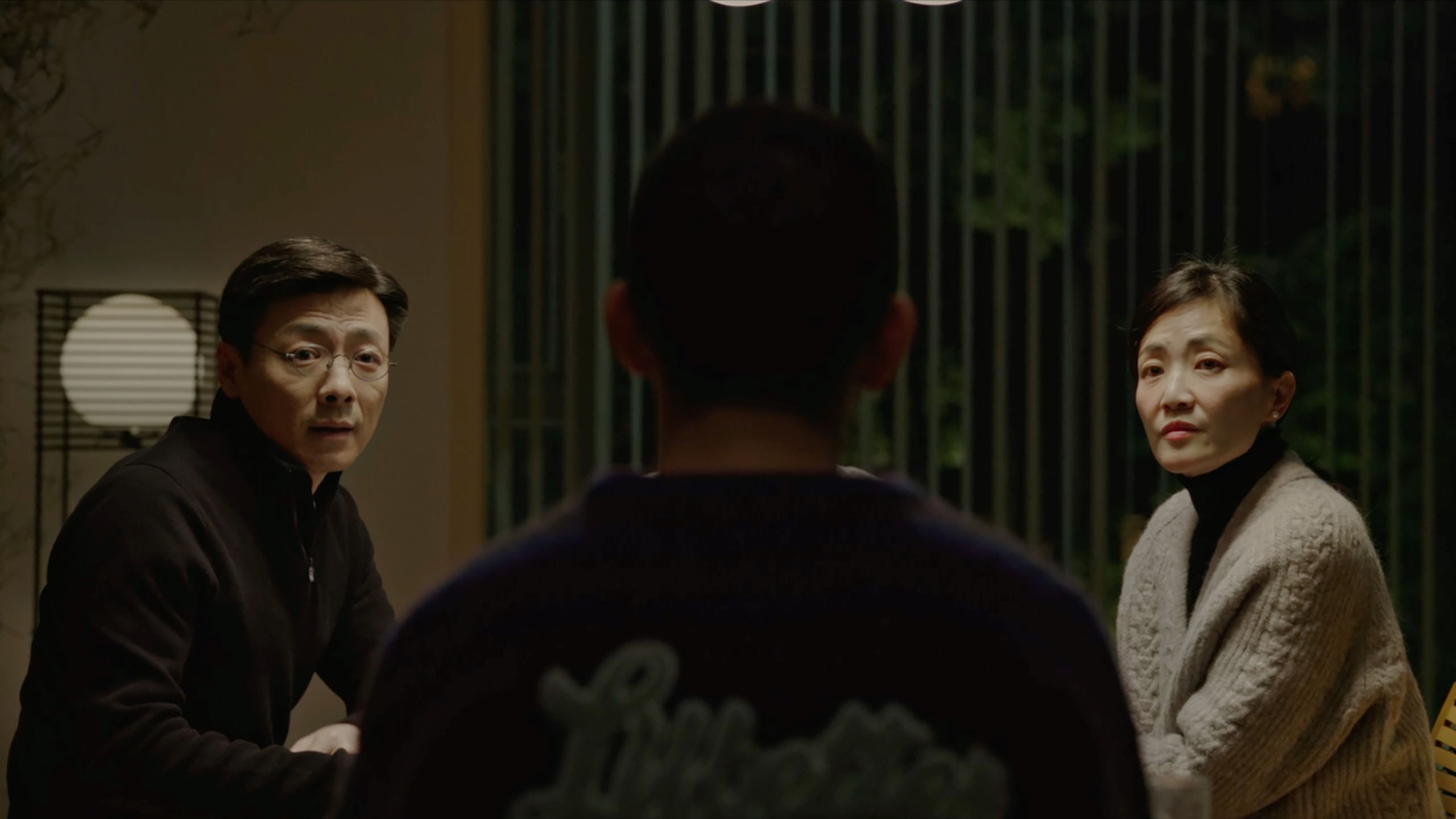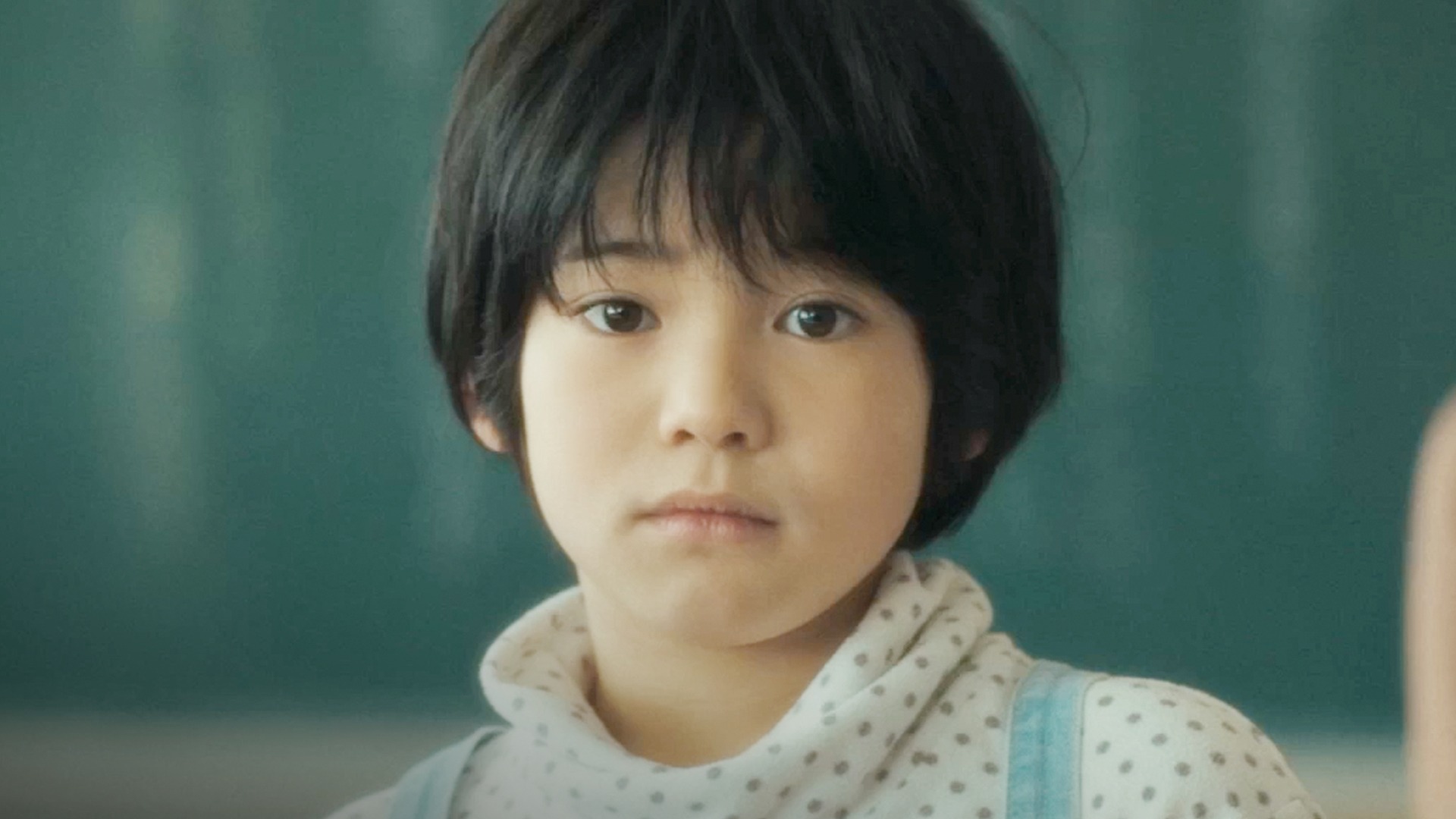Parental conflicts arise when the younger generation’s goals differ from expectations, particularly in affluent families tied to societal status. Ideally, a parent’s love should outweigh ambitions, but conflicts arise when young individuals’ decisions deviate from expectations, causing tension. Fearing for their children’s prospects, parents may inadvertently stifle freedom, prompting individuals to seek solace outside the family and become susceptible to threats. In Jianjie Lin‘s debut film, Brief History of a Family the narrative tackles these common dissensions between children and their parents from a fresh perspective. The story revolves around a seemingly perfect family of three, whose stability is tested when the son’s mysterious classmate unexpectedly becomes the fourth member and depicts how China’s one-child policy that ended in 2016 still lingers among the middle class. This disrupts the delicate balance between parental guidance and the autonomy crucial for a young person’s growth.
One eventful day, Shuo (Sun Xilun) engages in exercises on the parallel bars in the schoolyard. Suddenly, he is struck by a basketball, leading to a fall and a knee injury. The perpetrator, Wei Tu (Muran Lin), leaves us uncertain whether it was intentional or accidental. In a gesture of contrition, Wei accompanies Shuo to the doctor and extends an invitation for an afternoon of video games. Despite being a quiet loner, Shuo bravely accepts Wei’s offer. Upon entering Wei’s opulent home—a spotless, bright, and vibrant residence adorned with modern amenities—Shuo is captivated. Wei introduces him to his father, a cell biologist, and his mother, a former flight attendant. As Shuo becomes more immersed in Wei’s family, he unravels the facade concealing unspoken secrets, unmet expectations, and neglected emotions. Having lost his mother at an early age and living in the shadow of an abusive, alcoholic father, Shuo gradually becomes closer to Wei’s parents. Tragedy strikes when Shuo’s father dies accidentally, prompting the family to decide to adopt the now orphaned Shuo. Unbeknownst to them, a schism begins developing between Shuo and Wei, with the latter feeling increasingly left out.

A noticeable class division separates Shuo from Wei’s middle-class family, leading him to strategically disclose details of his life for maximum impact while maintaining an air of inconspicuousness. Shuo presents himself as someone from the underprivileged class with bleak prospects for the future, prompting Wei’s parents to inquire about his well-being. This opens the door for Shuo to unveil a challenging home life marked by a diet primarily consisting of boiled rice with soy sauce and physical abuse from his alcoholic father. His initial quest for sympathy transforms into flattery and politeness as Shuo adeptly engages with Mrs. Tu’s travel stories, ordering pineapples for her late at night, and expressing interest in Mr. Tu’s passion for classical music. Simultaneously, Shuo becomes the perfect shield for Wei, ensuring that when he is in the house, Wei’s parents do not bother him. Wei, in turn, utilizes Shuo as a proxy for attending his fencing training and spending endless time playing video games. As days pass, Wei’s parents come to view Shuo as the son with the endearing qualities they have always desired. Wei’s grieving mother sees potential in Shuo, appreciating his politeness and thoughtfulness, while Wei’s father perceives Shuo as an intelligent young boy that his son isn’t. The relationship between Shuo and Wei’s family becomes symbiotic, with Shuo carefully embedding himself in the family dynamic while avoiding actions that might arouse suspicion or concern. In contrast to films like Saltburn (2023), Killing of a Sacred Deer (2017), and even Parasite (2019) that popularized the home infiltration genre, Brief History Of A Family sets itself apart by skillfully exploring how aspirations for higher goals, when they disregard the sentiments and aspirations of others, can drastically backfire, shaping the course of life.
By adopting the profession of Wei’s father, a cell biologist, the filmmaker seamlessly integrates it into his storytelling style. This choice enables him to wield the camera lens like a microscope, creating an eerily unflinching gaze that is both observational and intrusive. As viewers, we develop an intimate connection with the characters’ emotions, drawing us closer to their inner worlds. The family likened to a living cell, responds to changes brought by a mysterious outsider, embodying a microcosm of our society.
The cinematographer, Jiahao Zhang, maintains a poised observational distance from the characters and skillfully manipulates identities and perspectives. During holidays, the shots transform into still frames, capturing the characters’ experiences in vivid detail. Such artistic choices imply a deeper exploration of the character’s emotions and the impact of their intense encounters, much like the austere apartment deliberately serving as a backdrop that unveils the visceral intensity and unspoken complexities woven into the fabric of their lives.

Per K. Kirkegaard‘s editing navigates the film with a deliberate pace, oscillating between drama and tension in a tale depicting an outsider infiltrating the boundaries of an affluent family. The impact of moments of silence is as powerful as that of spoken words. Margot Testemale and Jacques craft a nuanced sound design that intricately reflects the characters’ individual worlds. In each room along the hallway, unique sounds offer a window into their respective realms. The mother seeks a serene ambiance, the father succumbs to the harmonious notes of Bach, and Wei’s reality is dominated by the intense, adrenaline-pumping sounds of his video games. All of them capture the mood and sustain our interest within the enclosed walls of a modern high-rise. Toke Brorson Odin‘s electronic background score seamlessly intertwines with the urban noise, providing a sonic backdrop that accentuates the power struggle between Shou and Wei. The unsettling auditory interplay allows the film to ratchet up as an extra layer of suspense and sophistication without overly relying on dialogue.
The performances maintain nuanced subtlety throughout the film. Sun Xilu, portraying Shou, exudes an innocent charm in his demeanor, evoking empathy despite his manipulative maneuvers. Lin Muran infuses Wei with an initial sense of ignorance and naivety, only to realize the threat his best friend poses to his relationship with his parents. Zu Feng and Guo Key, portraying Wei’s father and mother, compellingly embody the roles of an affluent couple gradually comprehending the costs of nurturing a dream and the subsequent repercussions they must endure.
Brief History of a Family boldly explores the ambitions and manipulative actions of a young boy seeking a shortcut to social elevation while delicately navigating the complex dynamics between parents and children. However, the overall narrative maintains a somewhat relaxed approach, eschewing a dramatic reliance on plot developments to sustain engagement throughout its runtime. There are instances where the story seems to repeat itself without significant progression, and the seasoning of ambiguity falls flat in certain places. Moreover, the concept of China’s one-child policy comes across more as a trope, lacking a solid integration into the story. This prevents the film from fully realizing its maximum potential.






